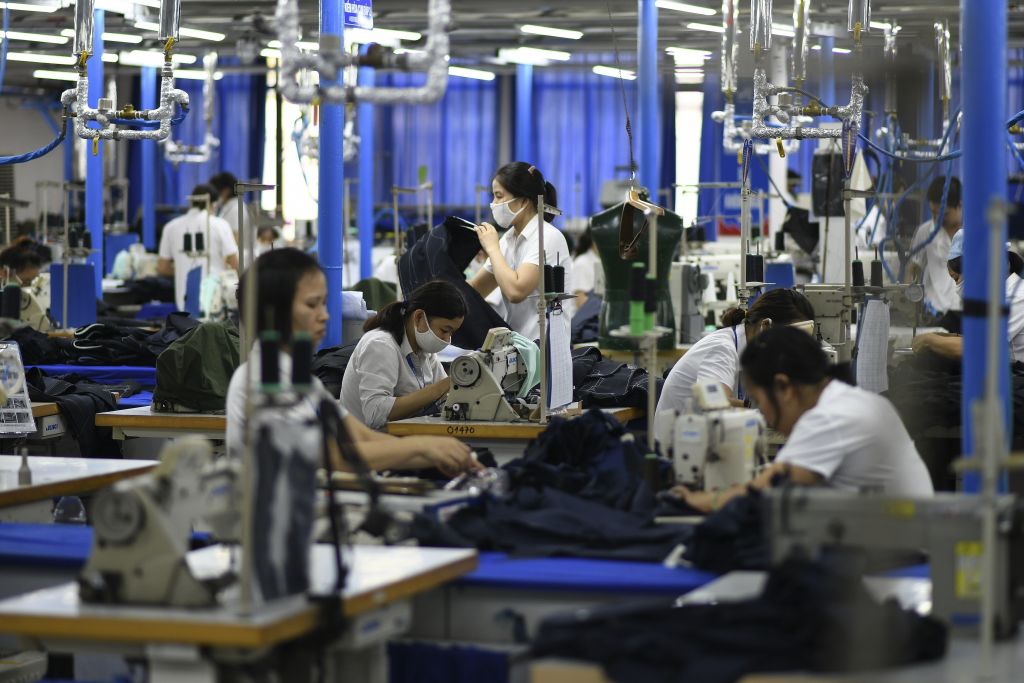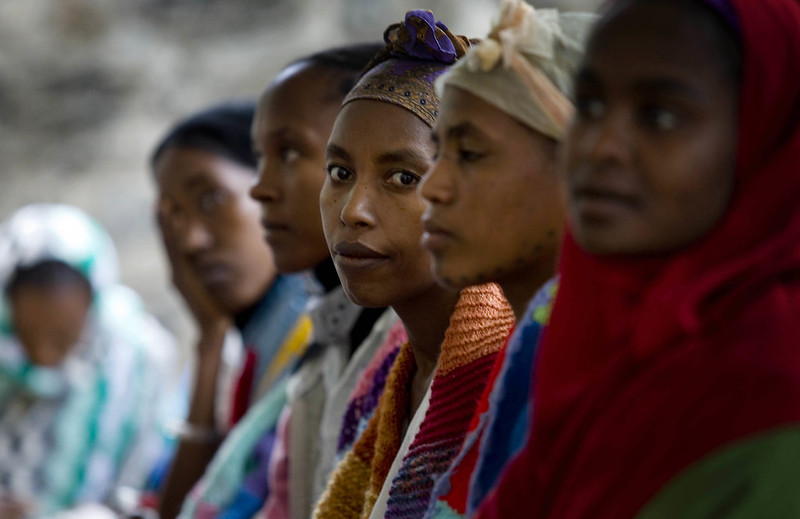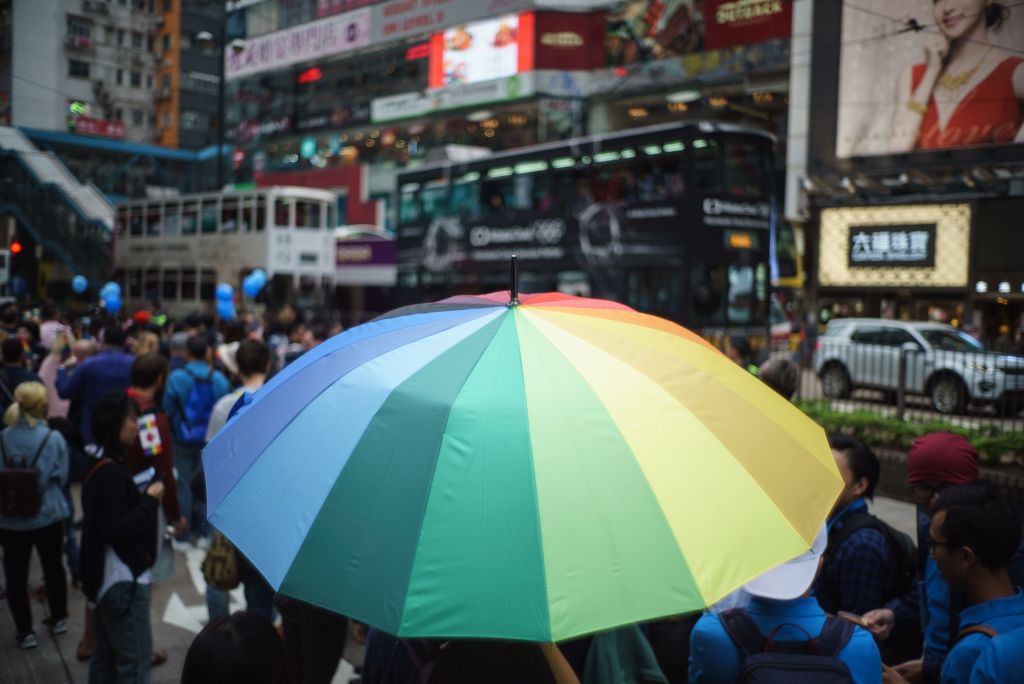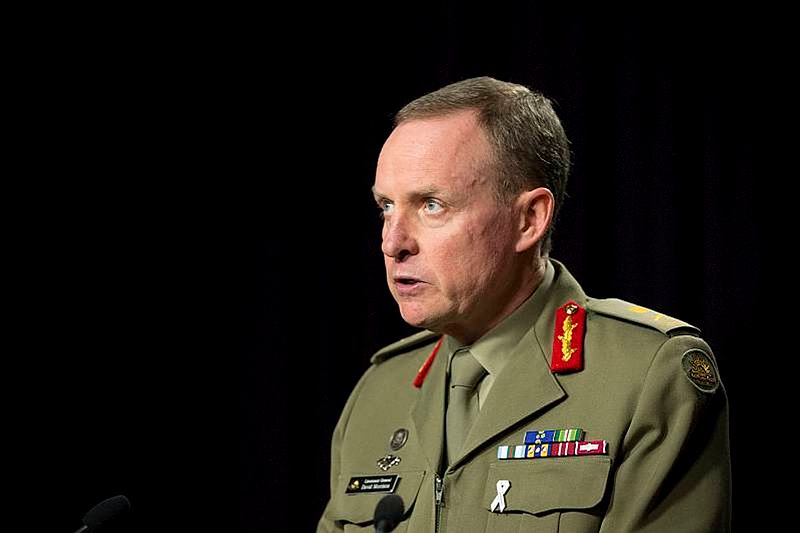Editors’ picks for 2024: ‘Celebrating 10 years of ASPI’s Women in Defence and Security Network’

Originally published on 4 November 2024.
When Hayley Channer and Nicole Seils attended a defence-related event in Canberra in 2014, they realised they were two of only a handful of women in the room. Stranger still, they had not known each other before that evening.
That meeting between an ASPI analyst and the then head of government relations at Lockheed Martin Australia sparked the idea for ASPI’s Women in Defence and Security Network. Later supported by another ASPI analyst, Natalie Sambhi, their aim was to create a forum for women across defence, national security, government, industry and civil society to connect, build their networks, and mentor and support each other on the difficult path towards changing the status quo.
A decade on, ASPI last month hosted a gala dinner for 150 guests to celebrate the 10-year anniversary of the WDSN. Much of the discussion and sage advice shared during the evening reflected on key points from Elizabeth Cosson’s inaugural speech when WDSN was launched: the value of good leadership; authenticity; the willingness to listen; the importance of giving yourself the time and space to think and reflect; and the courage to take a chance.
The women leaders who spoke at the dinner—Catherine Burn from ASIS, Michelle Chan from the Department of Foreign Affairs and Trade, Hayley Channer from the United States Studies Centre, Stephanie Copus Campbell Australia’s Ambassador for Gender Equality, and Jessica Hunter from the Australian Signals Directorate—shared hard-earned insights with the audience. Each has paved a way for women in their fields.
WDSN has been fulfilling the mission that the three founders set for it—spotlighting women’s impact in national security, creating opportunities for women and men to gather and talk about their journeys and achievements, and the challenges of navigating this traditionally male-dominated field.
The network has hosted networking and speed mentoring events, panel discussions, roundtables, podcasts and professional development workshops. These have traversed themes of gender, peace and security, women in the Australian Defence Force and defence industry, counterterrorism and intelligence, human rights and international law. They have engaged women and girls from students and early-to-mid-career professionals to senior leaders, as well as male champions and allies.
Both the 2016 Defence White Paper and DFAT’s Gender Equality and Women’s Empowerment Strategy recognised that gender equality and increasing female participation in defence and leadership roles were vital to Australia’s defence capability, national security, foreign policy, diplomacy and development programs. Studies have proven that the private sector also benefits enormously from women’s participation.
Since its creation, the WDSN has grown to more than 3500 subscribers—and it is still growing. The gala was a chance to reflect on the progress, while acknowledging the work to be done to ensure that inequalities and challenges arising from the intersection of gender with other aspects of people’s identities continue to be addressed so that all women and people of diverse backgrounds can advance their careers.
A theme that stood out was the tendency for women not to pursue opportunities because they felt they were not ready, reflecting a lack of confidence that statistics show is less common in men. Panellists spoke about the need to raise awareness of unconscious biases in hiring managers, employers and colleagues. With retention of women and people of diverse backgrounds an ongoing challenge, it is vital to cultivate work environments that are attractive and inclusive to ensure everyone’s continued and meaningful participation.
The panellists discussed the ways that girls were socialised from a young age to be more risk-averse than boys. Unlearning these lessons can be a challenging experience that also highlights the importance of taking the time to explore your passions.
They advocated a ‘curious not furious’ mindset—one panellist citing the hit show Ted Lasso—to understand the viewpoint and behaviour of others, and to understand our own passions, ambitions and frustrations. That said, rage and frustration at obstacles can be a ‘fuel that never runs out’, provided it is channelled into positive action. ‘Watering your garden with humour’ was one way to offset frustrations and serve as a pressure valve.
We find inspiration in all sorts of places, including TV shows and movies about law enforcement and intelligence. As the audience heard, the only difference between a dream and a goal is having a plan.
The panellists and audience members shared their faith in the importance of tending to yourself. While empathy for others is indispensable, you still need to ‘put the oxygen mask on yourself first’.
The dinner was a celebration of a decade’s effort to create a space to share, connect and support one another. The difference this time, compared to 10 years ago, was that nobody was alone. From three came 150.





